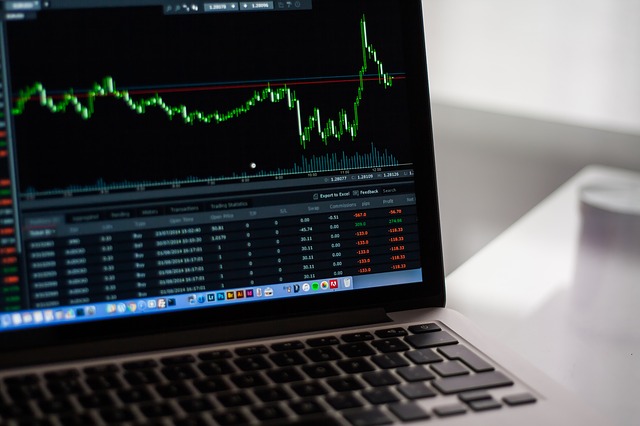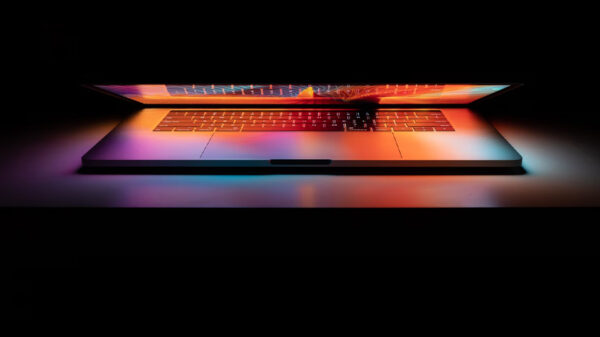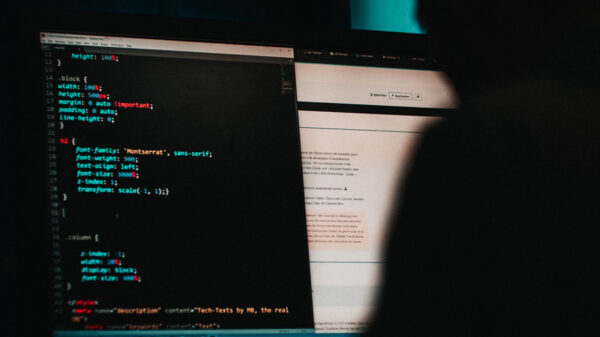Reputation events, such as cyber attacks, have a direct impact on share price, according to the findings of a new report released by Pentland Analytics with Aon plc, a leading global professional services firm providing a broad range of risk, retirement and health solutions.
The 2018 Reputation Risk in the Cyber Age study looked at 125 reputation events during the last decade, measuring the impact on shareholder value over the course of the following year. The report found that since the introduction of social media, the impact of reputation events on stock prices has doubled. In the wake of a crisis, the size of a company and the strength of its reputation did little to protect against the loss of value.
“Although risk management awareness and tools have evolved, reputation risk continues to weigh on corporate executives as one of their leading concerns. For the past 10 years, reputation risk has occupied one of the top spots on Aon’s bi-annual Global Risk Management Survey,” said Randy Nornes, enterprise client leader, Aon. “Savvy companies that develop and use a robust risk management framework can not only better navigate reputation events but can often see a net gain in value post-event.”
At times of crisis, investors often use information about a company shared on social media to re-assess their expectations of future cash flow, which can positively or negatively impact a company’s share price. Report findings showed that companies could add 20 percent of value or lose up to 30 percent of value depending on their reputation risk preparedness and management behavior in the immediate aftermath of a crisis.
The study identified key drivers of successful recovery from a reputation event, including:
1. Crisis communications must be instant and global
2. Perceptions of honesty and transparency are essential
3. Active, social responsibility is critical
“New technologies continue to emerge, such as robotics, artificial intelligence and bionics, all requiring constant vigilance,” added Dr. Deborah Pretty, founding director of Pentland Analytics. “Technological developments have heightened reputation risk by making it easier, cheaper and faster for people to spread news.”
The core research into the impact of crises on shareholder value was first conducted by Pretty in 1993 and again in 2000, before social media was an active influencer. The reports focused, respectively, on the contrasting abilities of firms to recover from crises as well as reputation impact in the absence of physical loss. In the 2018 version of the study, special attention was given to both the growth in social media and the value impact of cyber attacks.




















































































































